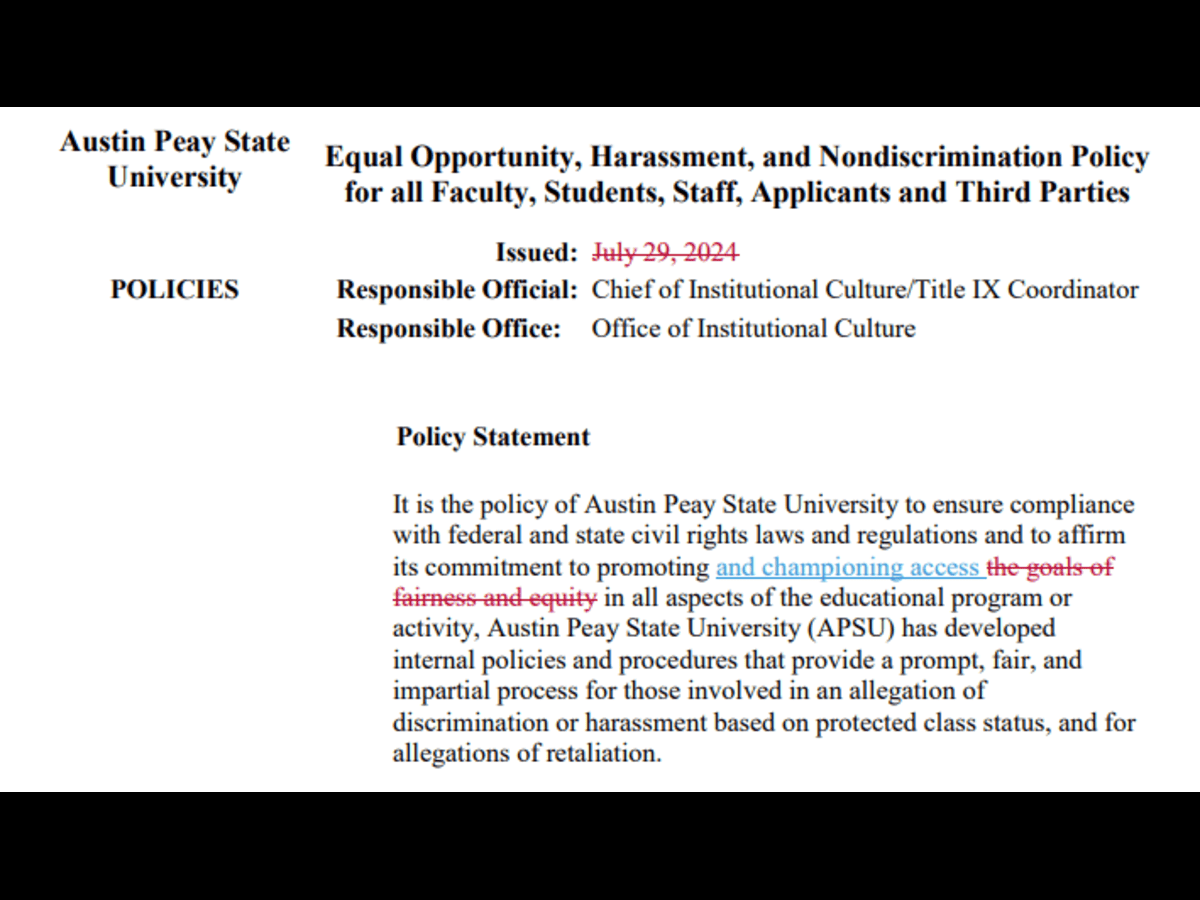The campus enjoyed a long weekend last week to commemorate Labor Day, and although many people have celebrated it for years, we often forget the sentiments behind Labor Day.
Labor Day is commonly viewed as a way to celebrate the lengths that American workers have achieved. Yet, people forget the violent history and strife which Labor Day is meant to symbolize.
During the Industrial Revolution, employees were subject to unsanitary, poor, and unsafe working conditions. Child labor, sexism, and racism have also been prominent issues in the workforce.
Unions grew angry and began to hold marches and strikes to fight for more protections. In 1894, in order to ease tensions, the Cleveland administration ordered Labor Day to be recognized as a national holiday.
As we see surging unemployment rates in the midst of the Coronavirus (COVID-19) pandemic, we are reminded of the importance of these rights.
While workers’ policies and social programs were created out of different needs, the foundations of these institutions are interconnected. Unemployment policies and Social Security are examples of some of the initiatives that are meant to protect Americans.
Paying attention to these areas may not seem relevant to voters who are not currently worried about Social Security payments. However many policies directly affect our campus community.
Chip Wilson, a senior in political science, shared his worries.
“As a young person, I worry that Social Security and Medicare won’t exist when I retire, and I’m sure many other college-aged students feel the same way,” Wilson said.
Jack Arrington, a senior in political science, voiced similar concerns.
“It’s a scary thing I have to think about for my grandmother because of her reliability on Social Security,” Arrington said.
While the nation responds to the ramifications of COVID-19, caring for loved ones continues to be an ongoing concern.
On top of public health fears, Jeralyn Johnson, a senior in communications, spoke to how COVID-19 caused her to lose her job and file for unemployment. Johnson emphasizes that the unemployment protections in place saved her during an unprecedented time.
“I got laid off. I’m 21-years-old. I never expected a day in my life that I would lose my job,” Johnson said.
Johnson received unemployment until she was able to get a job again, and she expressed that the process worked for her.
Aside from personal testimonies, why else should our campus care about policies that may not prose relevance in our lives currently?
John Phillips, a professor in political science, proposed a middle-ground argument on the subject.
“We all might run into tough times at some point. We all might outlive our savings. Some of us might not even be disciplined enough to save money for our retirement,” Phillips said.
Phillips also argues that there is some middle ground to be found between those for and against social programs.
“We don’t have to like everything about these policies even when we respect the intentions that drove their enactment,” Phillips said.
Conversations about what is and what is not effective are necessary to the health of American democracy. We should inform ourselves about these policies not only to know they affect us individually but also how they affect us as a community. This is one way our campus can maintain civic engagement.
To understand more about presidential plans in these areas, Phillips suggested that students check out the 2020 Democratic Party Platform or the 2016 Republican Party Platform. The Republican Party did not update their platform from 2016, so Phillips advises that students make their own inferences and comparisons between the two plans.












